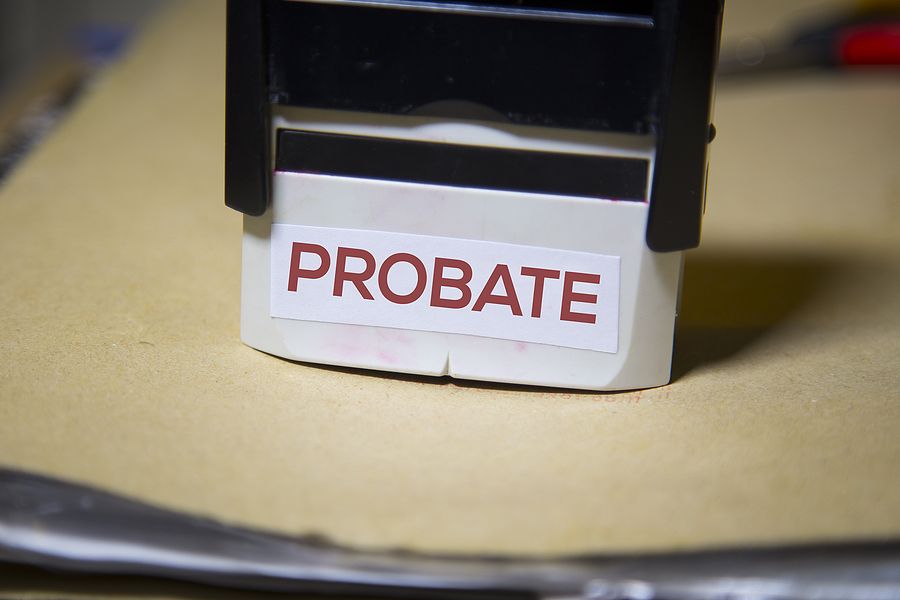Probate is a legal process that involves authenticating a deceased person's will, appointing an executor, appraising the deceased's property, paying debts and taxes, and distributing the remaining estate to the rightful heirs. It can be intricate, time-consuming, and costly. By understanding the probate process and how to avoid it, one can ease the burden on their heirs, helping them avoid a potentially overwhelming probate catastrophe.
Understanding probate
Before delving into the intricacies of navigating probate, it's vital to understand what it entails:
Probate court— This court of law validates the will and oversees estate administration.
Executor— This individual, appointed by the deceased and named in the will, carries out the instructions in the will and handles other tasks, such as overseeing probate proceedings.
Probate assets—Probate assets include those owned solely by the deceased, not co-owned or assigned to beneficiaries.
Will— The will lists how assets will be distributed to heirs. If an individual has only a will, but no estate plan, probate will be applied and become public before the distribution of assets begins.
If the deceased doesn't have a will, the court will appoint an executor to oversee the administration of the estate and distribution of assets. This executor is a legal court representative, not necessarily a family member, and is compensated for this role with assets from the estate. Understanding that probate proceedings are public and can take months for heirs to receive the remaining assets is vital.
Probate avoidance strategies
The probate process can be daunting and time-consuming. To avoid this nightmare, consider the following probate avoidance strategies:
Joint ownership— Assets owned jointly with the right of survivorship automatically pass to the co-owner without going through probate.
Have an estate plan— It's essential to note that the estate plan is a document that contains other vital documents:
Will— A will outlines the division of assets and is included in an estate plan
Powers of attorney—Both a financial and medical power of attorney (person(s) are named, along with healthcare and financial directives, in the powers of attorney documents.
· Healthcare directive— a living will that states how one wants to be cared for while living if one becomes incapacitated.
· Financial directive—states how financial matters will be settled.
Establish a trust— An attorney can assist in establishing a revocable living trust, where assets can bypass probate and directly go to designated beneficiaries as designated in an estate plan. It's essential to note that the estate plan contains other vital documents:
Gifts— Anything given away during one's lifetime is not subject to probate upon death, although it may be subject to gift tax.
Steps to help navigate the probate process
Navigating the probate process can be easier when you know what to expect. Here are some crucial steps:
1. Locate the estate plan and will—The legal process cannot start without the decedent's estate documents and will, which outline their estate distribution desires.
2. File a petition with the probate court— Submit the estate plan and will to the court and a petition to start probate.
3. Notify heirs and creditors—An executor must notify all heirs and creditors about the ongoing probate process.
4. Inventory the estate— Catalog all the deceased's assets, including real estate, investments, and personal belongings.
5. Pay debts, taxes, and expenses—All debts, taxes, and funeral expenses must be paid before the estate's assets are distributed. It’s essential to note that a tax return must be filed for the year of the deceased’s death. Therefore, consult financial, tax, or legal professionals regarding payment of taxes.
6. Distribute assets—Once all debts are settled, the remaining assets pass to heirs according to the will. If a will is not present or unclear, state law will dictate how to distribute the assets.
7. Seek professional assistance—The probate process can be overwhelming, and seeking professional help can be incredibly beneficial; consider hiring:
· A financial professional—This professional can provide guidance on handling and distributing the deceased's investments and other financial assets.
· An attorney—A probate attorney can help manage the legal requirements for establishing estate documents and avoid probate and costly mistakes.
· A tax professional—Probate often involves complex tax issues, which a tax professional can help navigate.
In summary, probate can be overwhelming, especially when heirs are already grieving the loss of their loved one. However, with adequate preparation, professional guidance, and probate avoidance strategies, it is possible to implement strategies now that will help your heirs navigate the probate process smoothly and efficiently.

